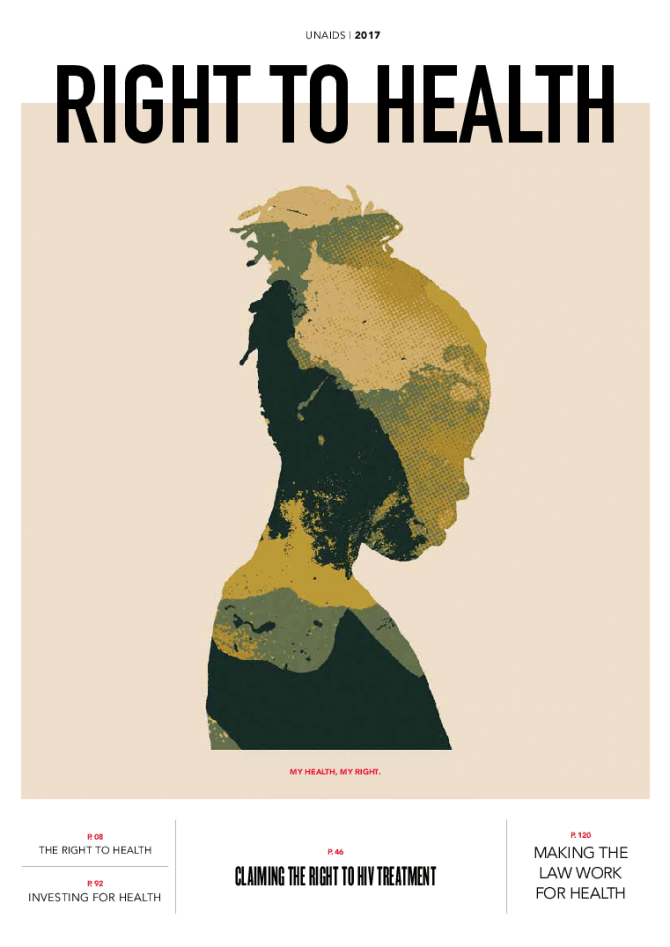Table of Contents
IMPLEMENTATION OF FUNDAMENTAL RIGHT TO HEALTH
Introduction:
Right to health is a fundamental human right. Health is more important aspect of an individual’s life. Right to health protects the various human rights of a person. If a person is healthy (takes proper nutritious food) his right to food is protected. Healthy child can participate in its education in effective way and healthy adult can perform in an efficient way in his jobs, and leads to a better future.
Constitutional Provisions:
Preamble of Indian Constitution talks about securing justice (social, economic and political) to its citizens.
Article 21 talks about protection of right to life and personal liberty. Judiciary by its various interpretations stated that it would constitute right to health within it.
Article 39(e) obligates the state to make its schemes for securing the health and strength of workers (whether men or women)
Article 47 talks about the duty of the state to raise the level of nutrition and the standard of living and to improve public health
Judicial Interpretation:
In Parmanand Katara v Union of India, it was decided that it is the professional obligation of every doctor, regardless of whether government or private, to stretch out medical aid to the injured quickly to save his life without holding up legitimate conventions to be followed by the police under Cr.P.C. Article 21 of the Constitution cast the duty on the State to safeguard life. It is the responsibility of the individuals who are responsible for the soundness of the network to save life so the innocent might be secured and the guilty might be punished. Social laws don’t ponder death by negligence which sums legitimate discipline. No law or State activity can mediate to defer the release of this vital obligation of the individuals from the medical profession.
The Supreme Court in State of Karnataka v. Manjanna, has perceived the right of the victim of rape, medical examination. Also disliked the refusal of a few government hospitals, especially in rural sector, where medical clinics are rare, to direct any medical examination of the victim except if the case of rape is referred to them by the police. Such refusal to lead the medical examination brings about a delay in a definitive examination of the victim by which time the proof of rape may have been washed away by the complainant herself.
In PaschimBang Khet Mazdoor Samiti v. State of West Bengal, the petitioner (Hakim Singh) was the member of organization of agricultural labours. He fell from a train and suffered serious injuries to head and brain haemorrhage. He was taken to some government hospitals in Calcutta but because of shortage of beds he was not provided necessary aid which was required immediately. At last he was admitted in the private hospital where a huge expense occurred for his treatment. The Supreme Court in this particular case decided that refusal to provide medical aid by the government hospitals to any injured person on the basis of limited beds will amount to violation of Article 21(Right to life). The Court also held that Article 21 obligates the state to fulfill immediate medical needs of every injured person. Preserving the life of a human is of supreme value. Government hospital in failing to provide timely medical aid to the person in need of such aid results in violation of the right to life of the injured person given under Article 21. The Court directed the State to pay compensation.
In Kirloskar Brothers Ltd v. Employees State Insurance Corporation, the Supreme Court, following the ruling in Consumer Education & Research Centre’s case, has stated that ‘right to health’ is the fundamental right of the workers. The Court also observed that right to health is not only against the State and its organs but also private section has to provide health facilities to the worker as given in Part IV of the Constitution which is also part of Article 14 and Article 21 which are fundamental rights to the worker.
According to a health survey, 97% of pregnant women are receiving pre natal care and 88% of women are receiving post natal care in India. 92.1% of children receive free surgery during birth from government hospital 0.9% from private hospitals and 19.7% from charitable and NGOs. 59.2% children between the ages of 0 to 5 years are fully immunized 7.5% of people in India Respond as ailing in a 15 days period during the period of July 2017 to June 2018
Conclusion
The State through various schemes like National health policy, etc. and various acts like The Mental Healthcare ACT, 2017; The Human Immunodeficiency Virus And Acquired Immune Deficiency Syndrome (Prevention And Control) Act, 2017; The Clinical Establishments (Registration And Regulation)Act , 2010; The Drugs and Cosmetics Act fulfilling their duty to provide necessary medical facilities to its citizens. But there is some lacuna in that. Still there are less percentage of households in rural area which are having exclusive access to bathrooms and also percentage of persons having exclusive sources of drinking water. In present time also, people in rural area have to carry drinking water from the distances and also in urban area people have access to water but it is not safe for drinking purposes. There is need for State to aware people about their schemes. Also State has to make sure that every citizen should be beneficiary of their schemes. Any citizen’s right to health should not be violated by any way.
Author: Mayank Malhotra,
Student, School of Law, Christ (deemed to be University) DELHI-NCR

